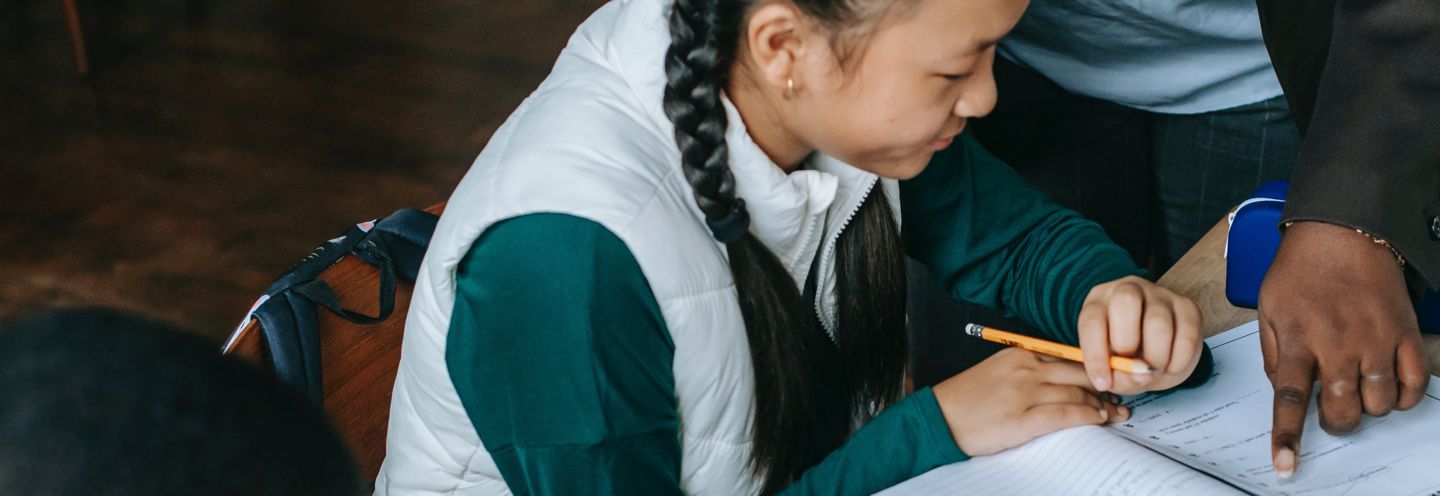Teacher Resources | 386 Results

Thanks to the internet and social media like Instagram, Snapchat or TikTok, it’s easier than ever to share your views and encourage others to join you in making change. And, due to research conducted

In this lesson students explore the relationship between athletes and advertising through a number of different activities.

This printable activity sheet introduces basic media literacy skills and concepts and is suitable for use in homes, schools and libraries. It can be completed independently, but children will learn

Have you ever seen a photo or video online that seemed too good to be true? With today's technology, it's getting harder and harder to tell what's real and what's fake, especially with things called

In this lesson, students apply their searching and critical thinking skills to learn how to find legitimate online sources for downloading and streaming movies, music and videos.

In this lesson students learn how to create well-defined search strings and to use tools and techniques such as bookmarking, browser filters and search engine preferences to avoid unwanted material.

This four-lesson unit on search skills and critical thinking teaches students how to target and specify their online searches to avoid unwanted results, how to judge whether a link, search result or

In this lesson students learn how to authenticate online information by comparing “facts” from the website www.allaboutexplorers.com with more authoritative sources.

In this lesson, students use fairy tales as a way of learning about the idea of genre. They explore how the typical tropes of a genre can create or perpetuate stereotypes and create a “flipped” fairy

This lesson considers how the media portrays women in politics. Students explore capsule biographies of female political leaders, from ancient times to current events – crafted from snippets of media

